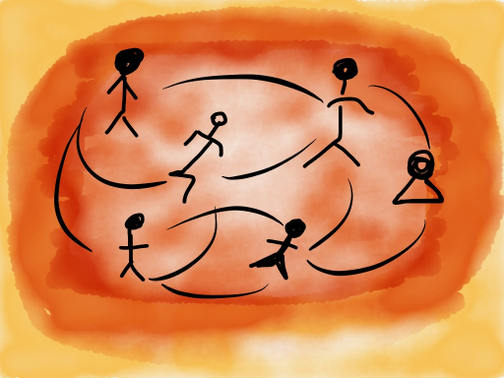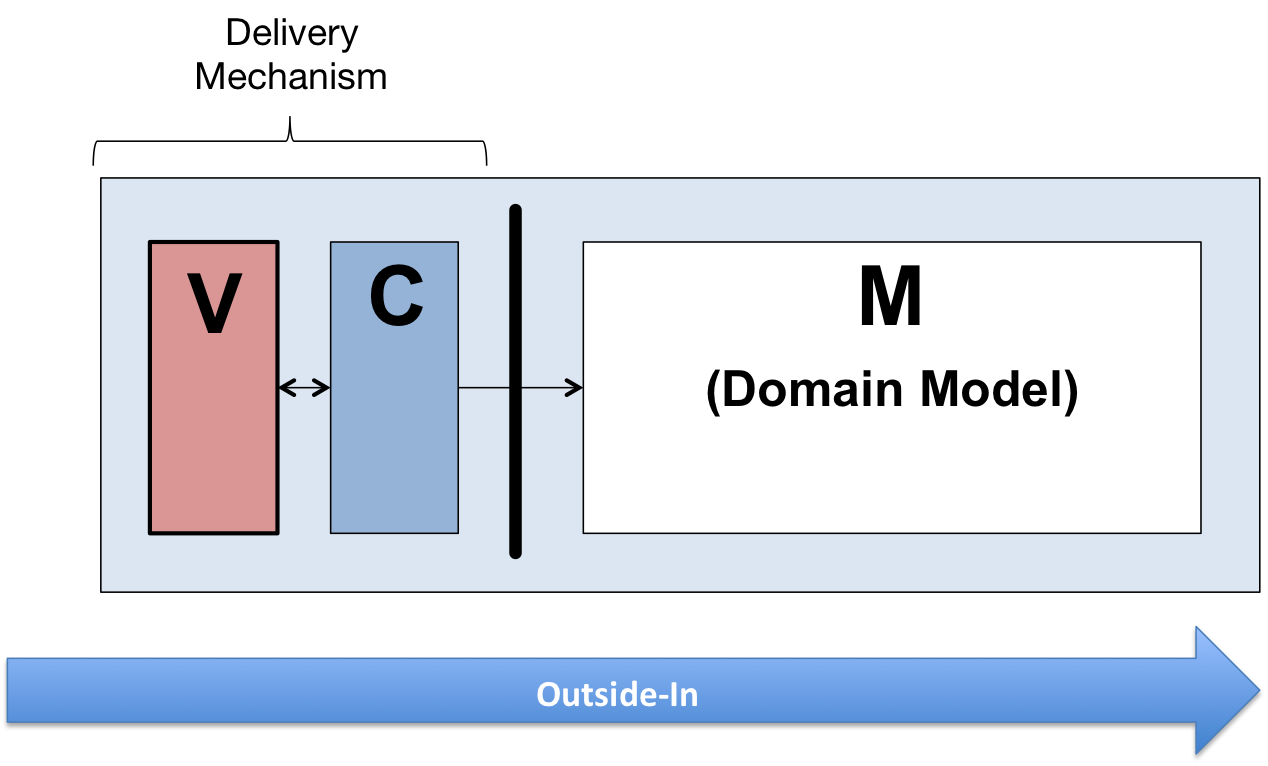
- Por Sandro Mancuso
- ·
- Publicado 06 May 2015
In part one I gave a bit of background history and also described the roles and responsibilities of mentors and mentees according to the Software Craftsmanship principles. In this second post I'll be convering a few other areas related to the relationship itself. Remember that the focus here is on mentorships outside work. Let's start from the beginning.
That's probably the most difficult question to answer. I can think in three possibilities (in no particular order):
Although not a rule, normally, in Software Craftsmanship, it is the mentee that chooses the mentor or, at least, start the conversation. The mentee needs to have an idea of the path he wants to take. For example, he may want to learn more about mobile development, work as a consultant, work in high-performance low-latency systems, learn about gaming development, improve his automated testing techniques or, in the best case, just learn how to become a better developer. Whatever the mentee's ambitions are, the mentee needs to make sure that his future mentor is a person that can provide the knowledge he or she is looking for.
Unfortunately, this may be easier said than done. Depending where the mentee is in his career, he may not know exactly what he wants. He may not even know what options he has. Although good developers are good developers and the foundation and priciples of software development always apply, we all know that the skills set used in different types of systems can vary a lot. A well experienced developer that spent the majority of his career doing web-development and became an expert in user experience may take a while to perform well in a completely server-side, asynchronous application with no GUI. Working on an application that heavily rely on algorithms and that don't use any database can be totally different from developing a mobile client application. The same way that working for a consultancy company can be very different from working for a bank or a startup.
Those are some of the things that developers at early stages of their careers may not even have a clue. If you are at this stage in your career, the best suggestion is that you focus purely on being a great developer and learn the basics. Things like Test-Driven Development, clean code, refactoring, Object-Oriented principles, different languages and paradigms. Once you have that, it will be easier for you to choose your next move.
Choosing a mentor involves is not an easy task. Maybe a single mentor won't be able to teach everything a mentee wants to know. Mentees should focus on their very next step(s) instead of focusing in everything they want to learn throughout their entire career. Mentees may change their minds quite often as soon as new opportunities and options are presented to them. They should keep their options open and choose a different mentors as time goes by.
Mentors, before accepting a mentee, should ask themselves: Would I be able to dedicate time to this person? Can I really help his or her career? If the answer is yes, fantastic.
The first thing to look for in a mentee is passion. Since a mentor will be allocating time to help someone, they should make sure that this person deserves their help. Make sure that the mentee is committed to be better.
Another thing mentors need to decide is what sort of seniority level their future mentee should have. Some mentors will prefer to take graduates, others prefer juniors with one or two years of experience and others prefer to get seniors or mentees on the verge of becoming seniors.
Choosing a mentee is a very personal thing and different mentors will have completely different criteria. If the mentor already knows the mentee, than it is easier. When the mentor doesn't know the mentee I could suggest a few options that could either be combined or used independently:
The mentor, if going down this route, should set the challenges according to the level of seniority he is expecting from the mentee. Once the mentor is satisfied with the initial effort by the potential mentee, he could decide if he is going to accept or not the mentee.
The mentor is not better than the mentee. In general the mentor will have more knowledge and experience in the areas where the mentee has chosen to be mentored. However, the mentee can easily have more knowledge than the mentor in other areas. Mentees should not expect the mentor to have all the answers to all the problems and mentors should not be naive to think that the mentee doesn't know anything. Both mentors and mentees have skills and limitations and this needs to be understood by both parts.
Mentors should not be looking for themselves a few years younger.****This can be frustrating for the mentor. People are different and the mentor will be missing out when not being more open to the type of mentee he or she is prepared to take on board. There is no reason to be so restrictive. Mentoring someone with different personality, possibly slightly different ambitions can be extremelly enriching for both mentors and mentees. However it is important that both have same values and principles.
Mentees should not expect that mentors will change their lives.****The mentors will be there for the mentees, giving them advices and teaching what they know but it is up to the mentee to decide what to do with it. Mentees should do their part to improve and not think they are going to be spoon-fed by mentors. It's up to the mentee to look after his or her own career.
In the next posts I'll be covering things like different types of mentorship, activities that could be performed by mentors and mentees, public recognition, professional reputation, graduation, mentorship duration, how this could change our industry and a few other points. Watch this space.
Part 1: A bit of history, roles of the mentors and mentees, gains and sacrifices and mutual respect



Software es nuestra pasión.
Somos Software Craftspeople. Construimos software bien elaborado para nuestros clientes, ayudamos a los/as desarrolladores/as a mejorar en su oficio a través de la formación, la orientación y la tutoría. Ayudamos a las empresas a mejorar en la distribución de software.